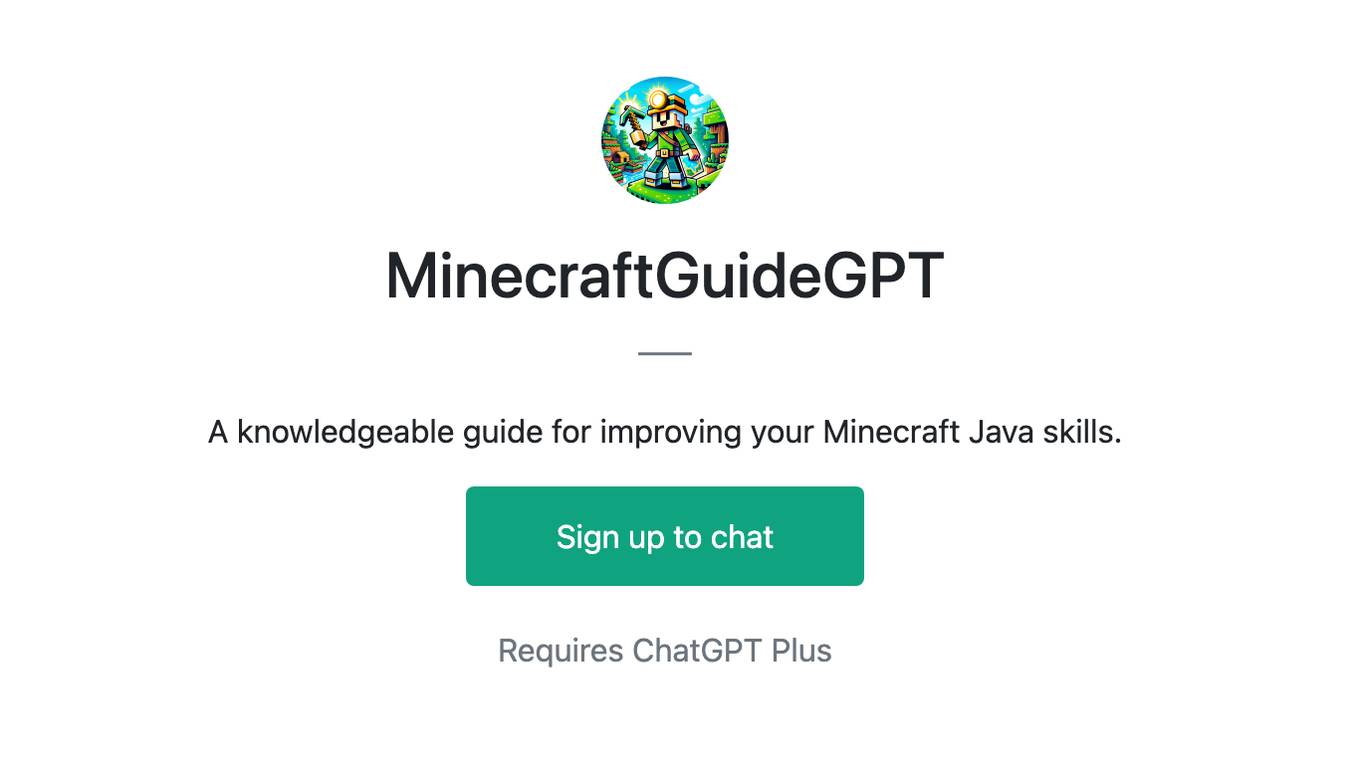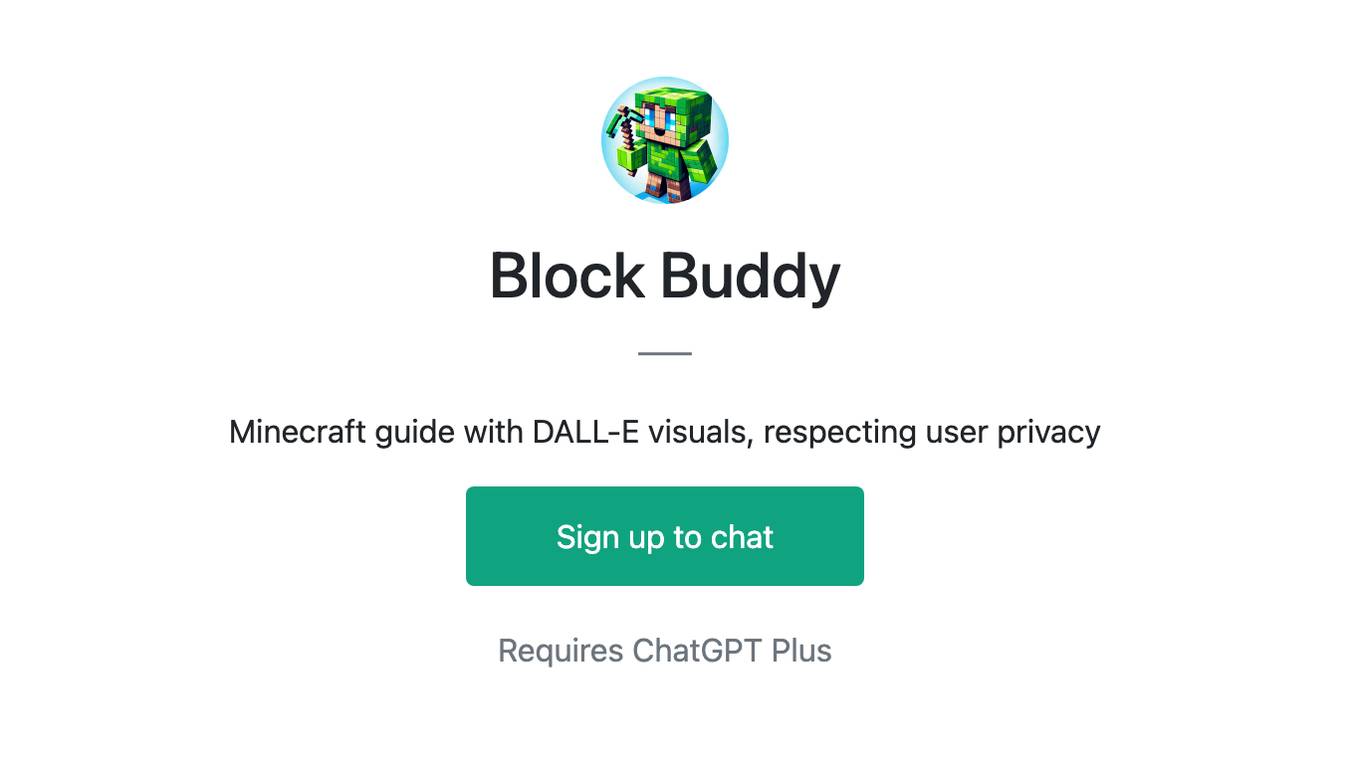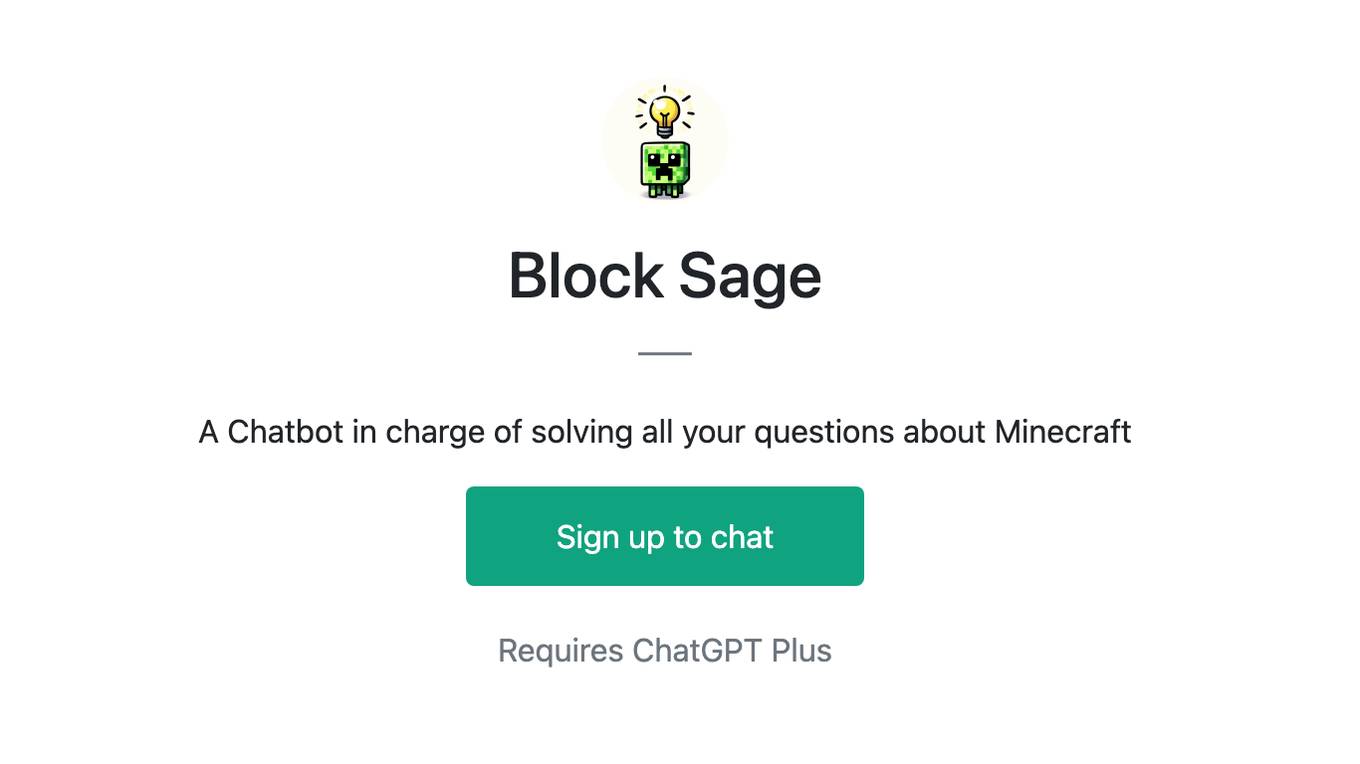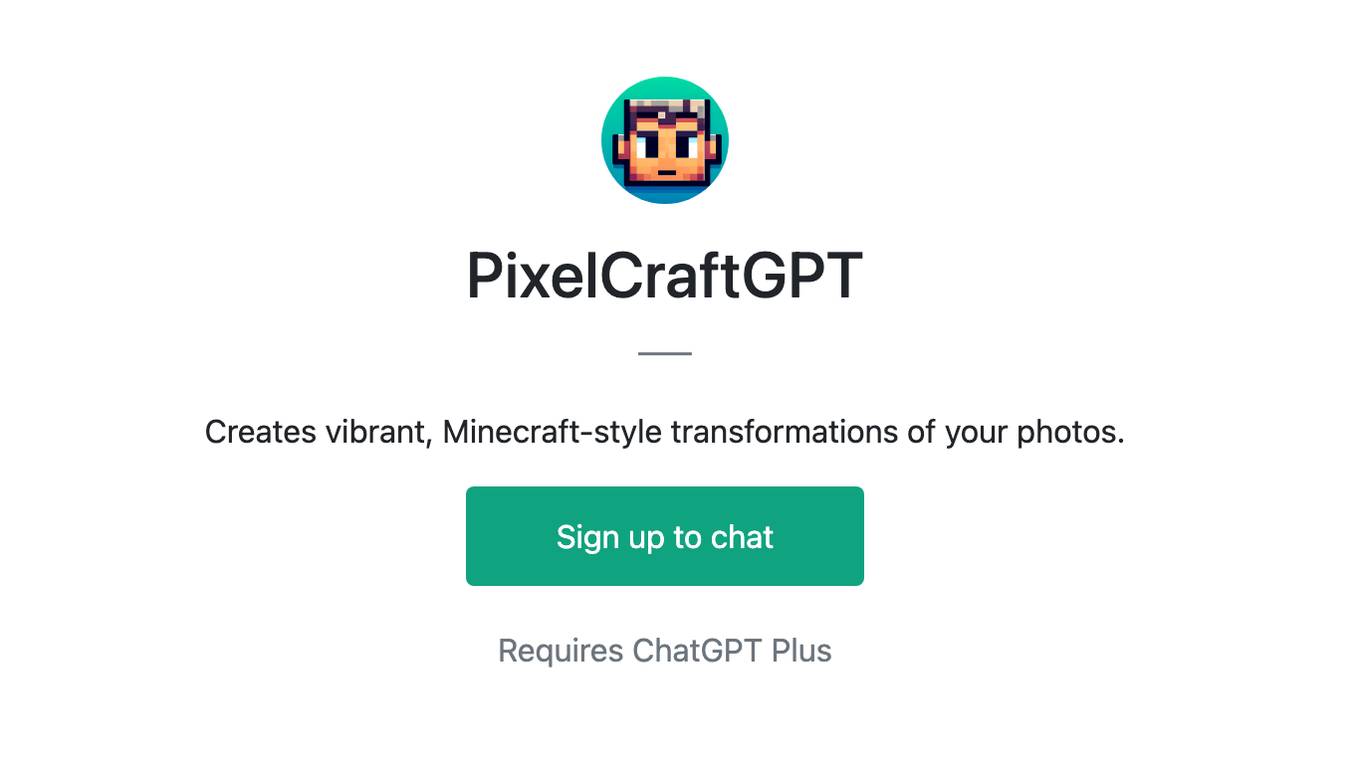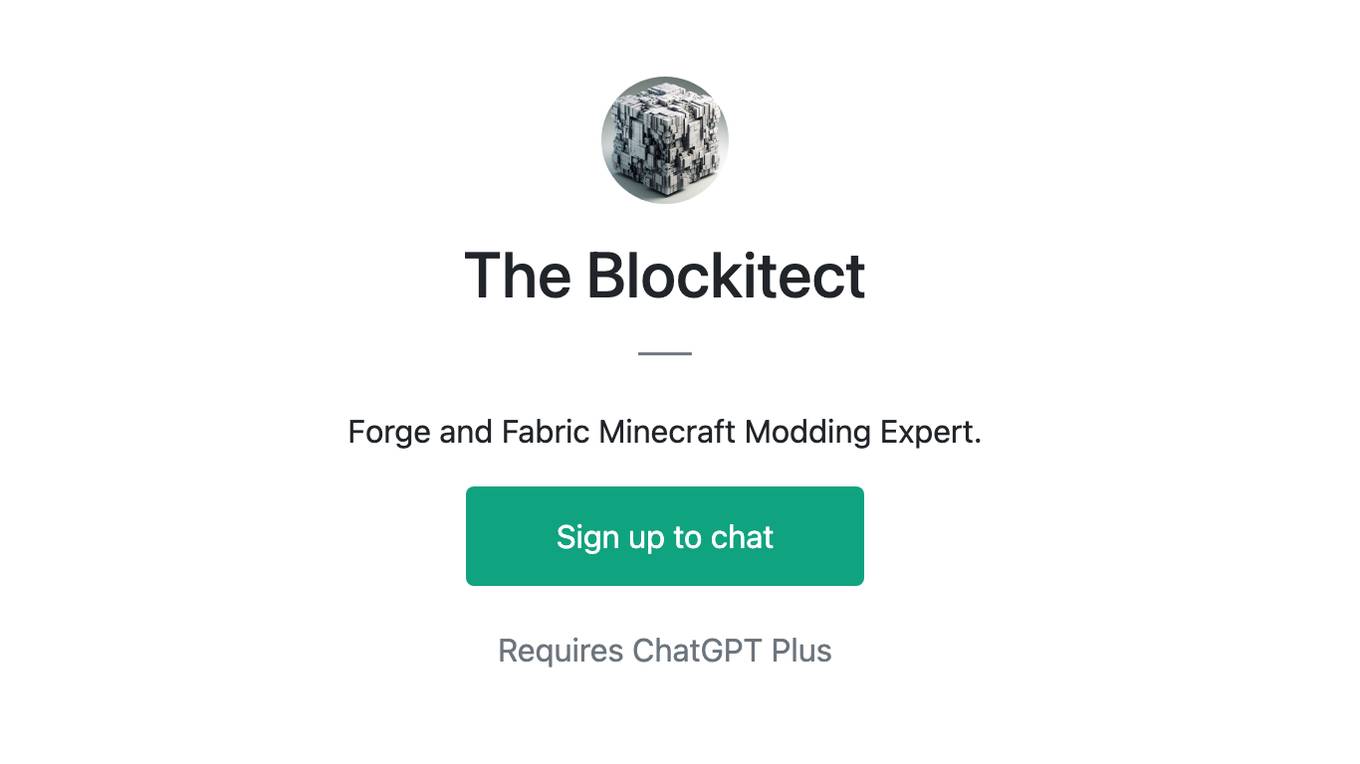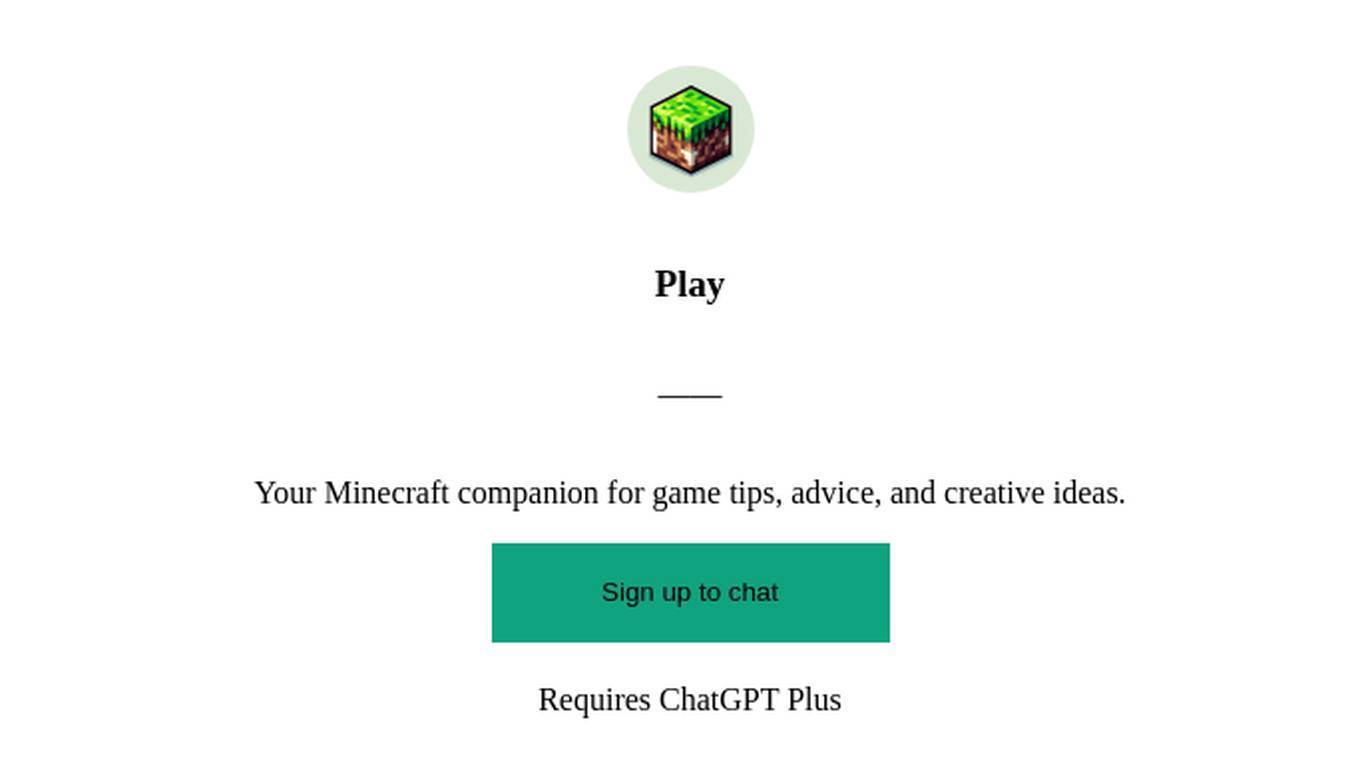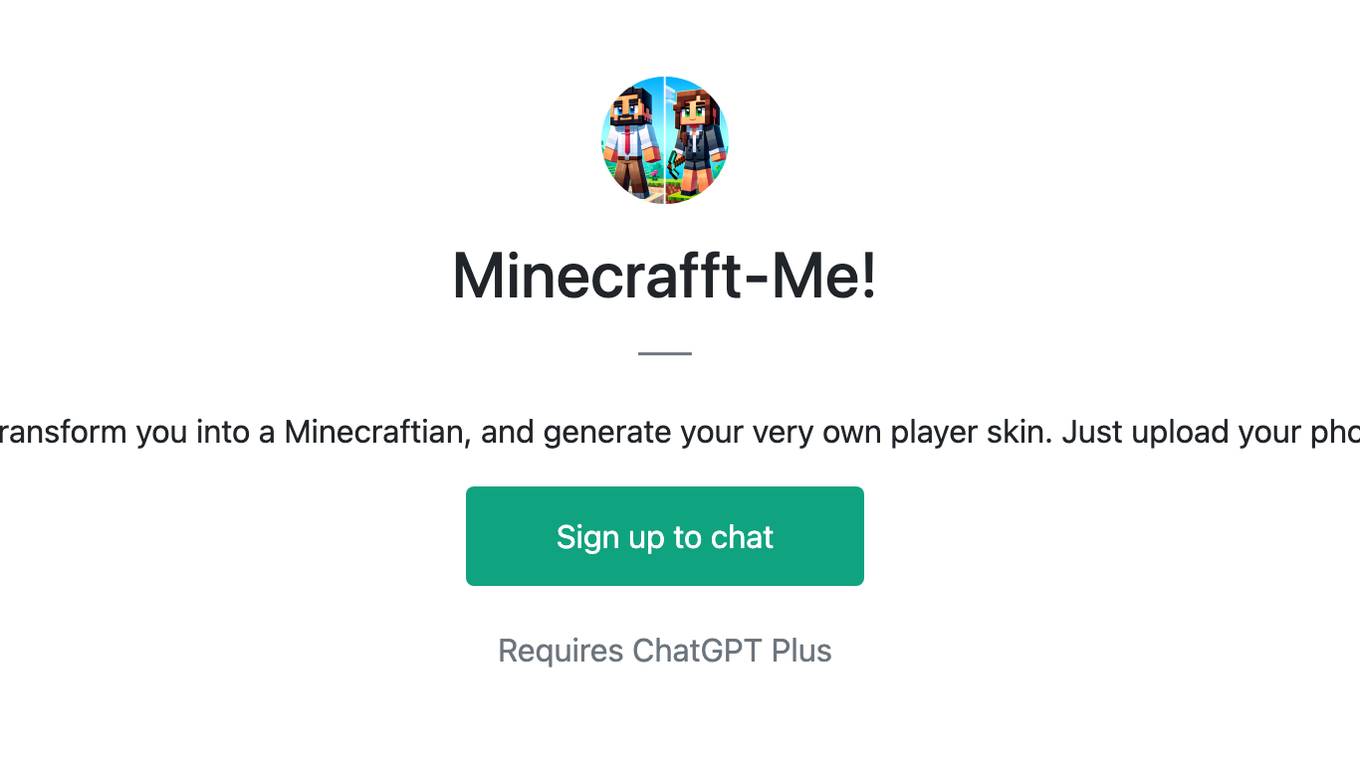AI tools for minecraft build planner
Related Tools:
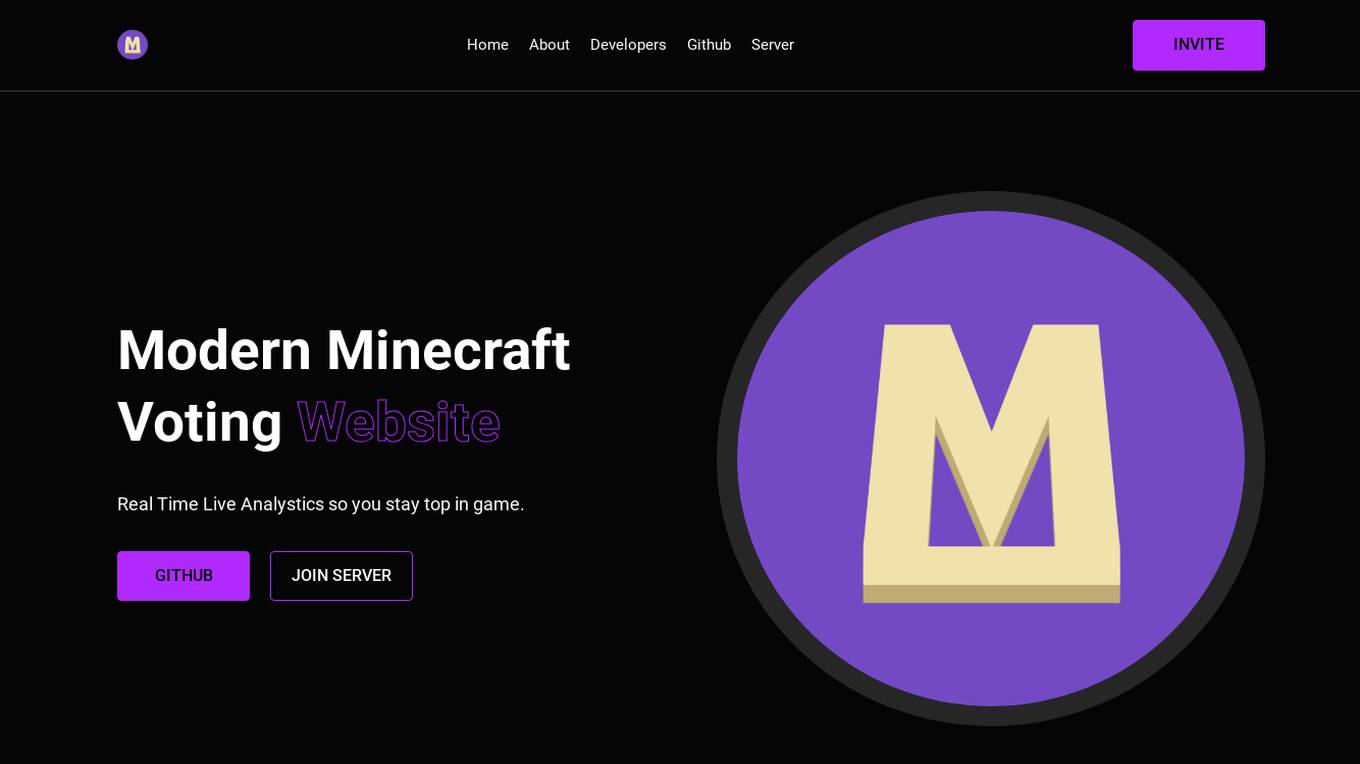
VoteMinecraftServers
VoteMinecraftServers is a modern Minecraft voting website that provides real-time live analytics to help users stay ahead in the game. It utilizes advanced AI and ML technologies to deliver accurate and up-to-date information. The website is free to use and offers a range of features, including premium commands for enhanced functionality. VoteMinecraftServers is committed to data security and user privacy, ensuring a safe and reliable experience.
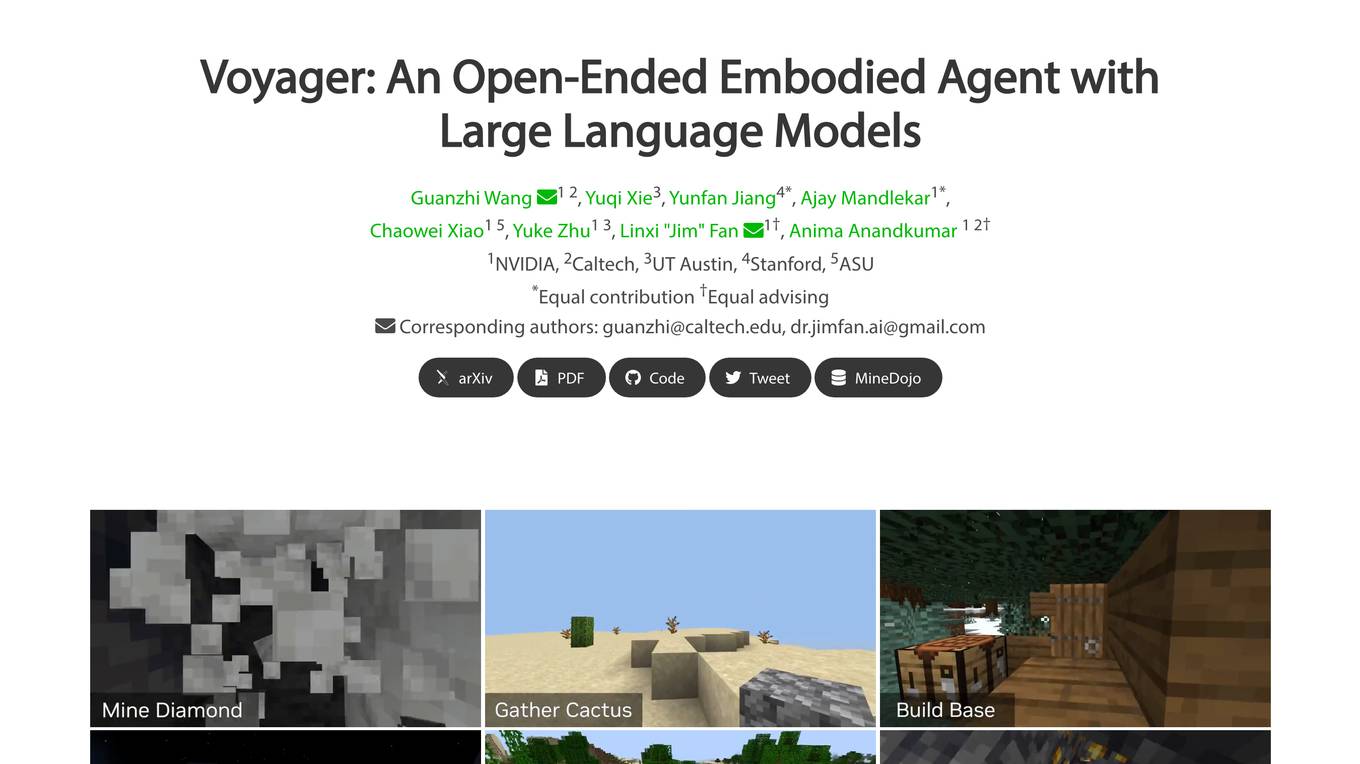
Voyager
Voyager is an open-ended embodied agent powered by large language models, designed for lifelong learning in Minecraft. It continuously explores the world, acquires diverse skills, and makes novel discoveries without human intervention. The agent consists of three key components: an automatic curriculum for exploration, a skill library for storing complex behaviors, and an iterative prompting mechanism for program improvement.

SkinGenerator.io
SkinGenerator.io is an AI-powered Minecraft Skin Generator that allows users to create custom skins for the popular video game Minecraft. By providing a text prompt, the tool uses generative art models to generate unique in-game skins. Users can choose from different subscription plans to access additional skin generations and new models. The website also provides FAQs to help users understand the tool's functionality and offers exclusive updates and features for subscribers.
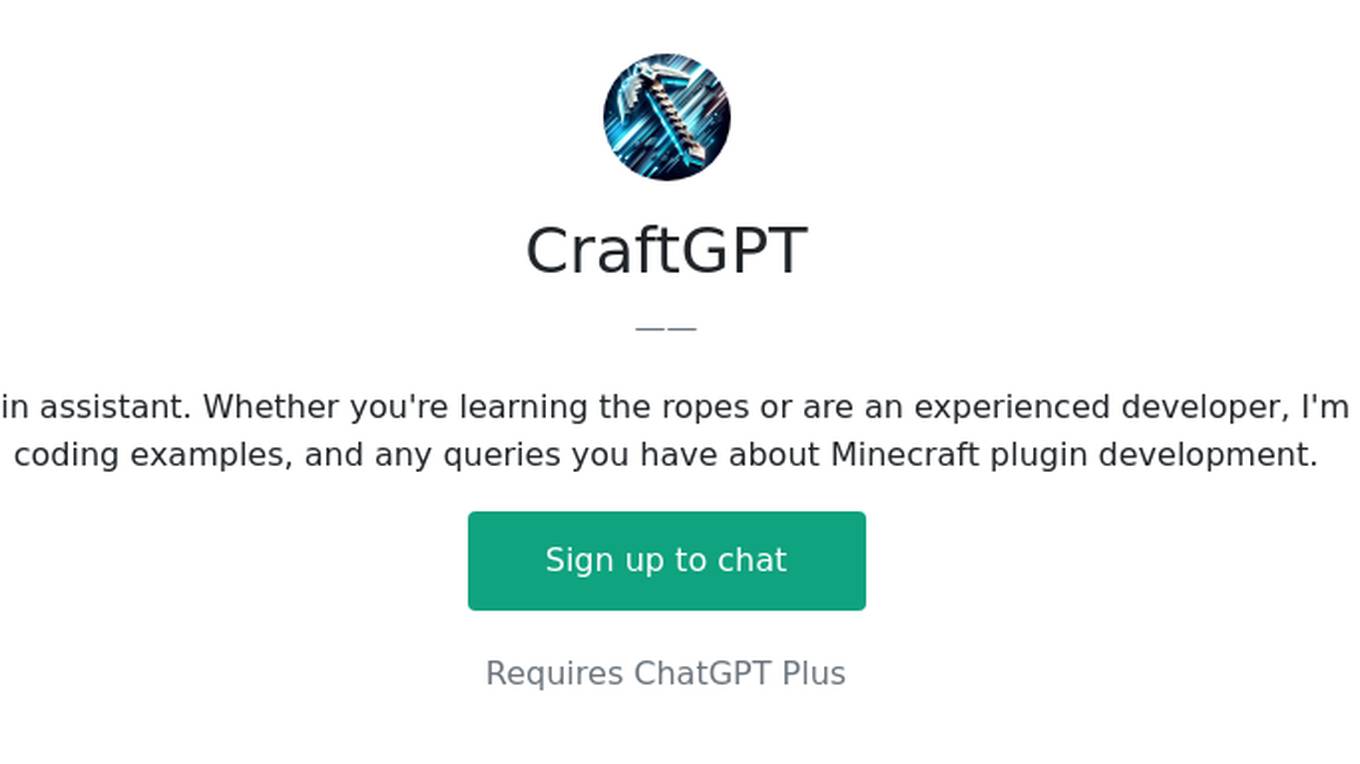
CraftGPT
Your expert Minecraft server Java plugin assistant. Whether you're learning the ropes or are an experienced developer, I'm here to help you with Java concepts, coding examples, and any queries you have about Minecraft plugin development.
